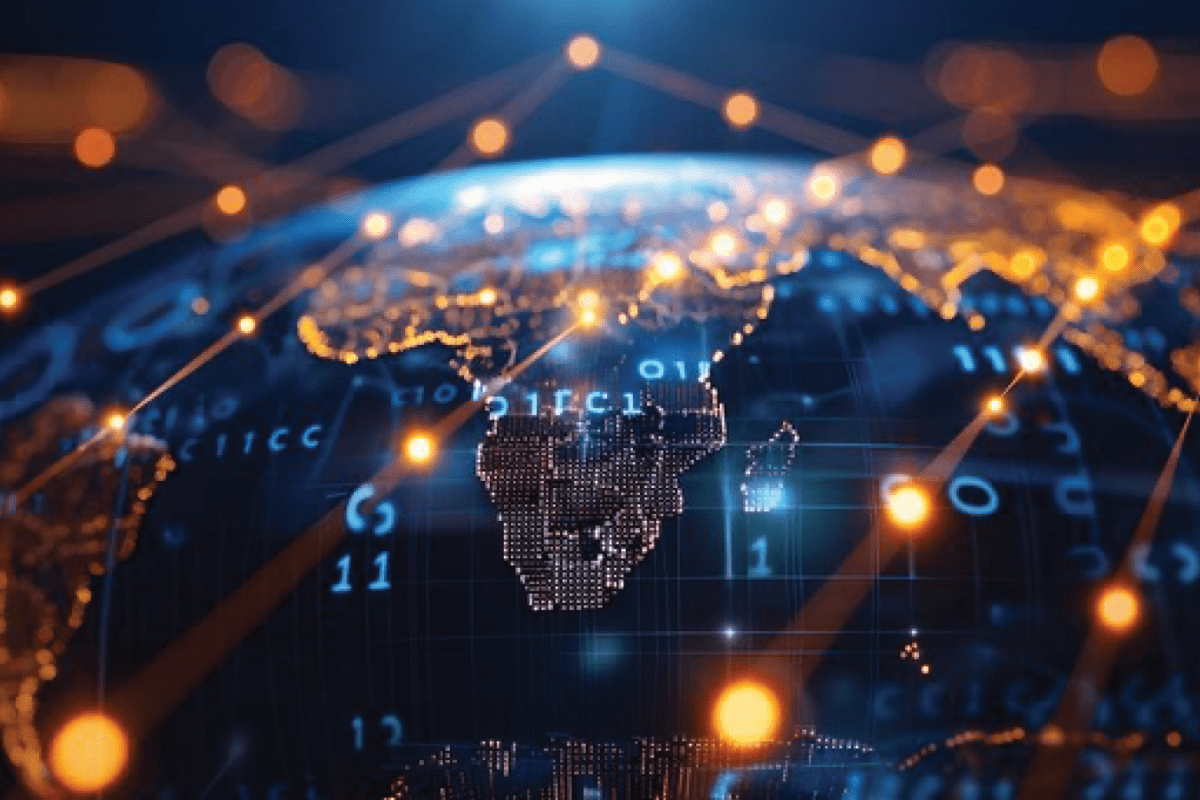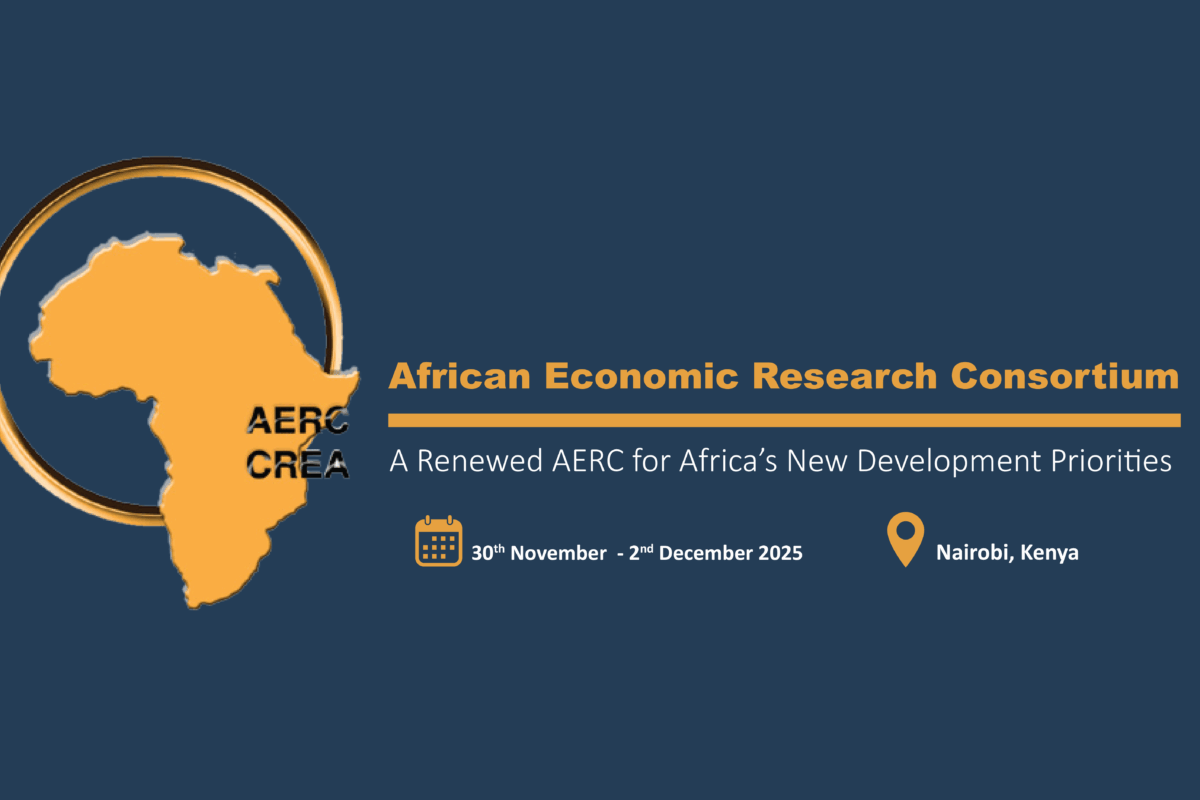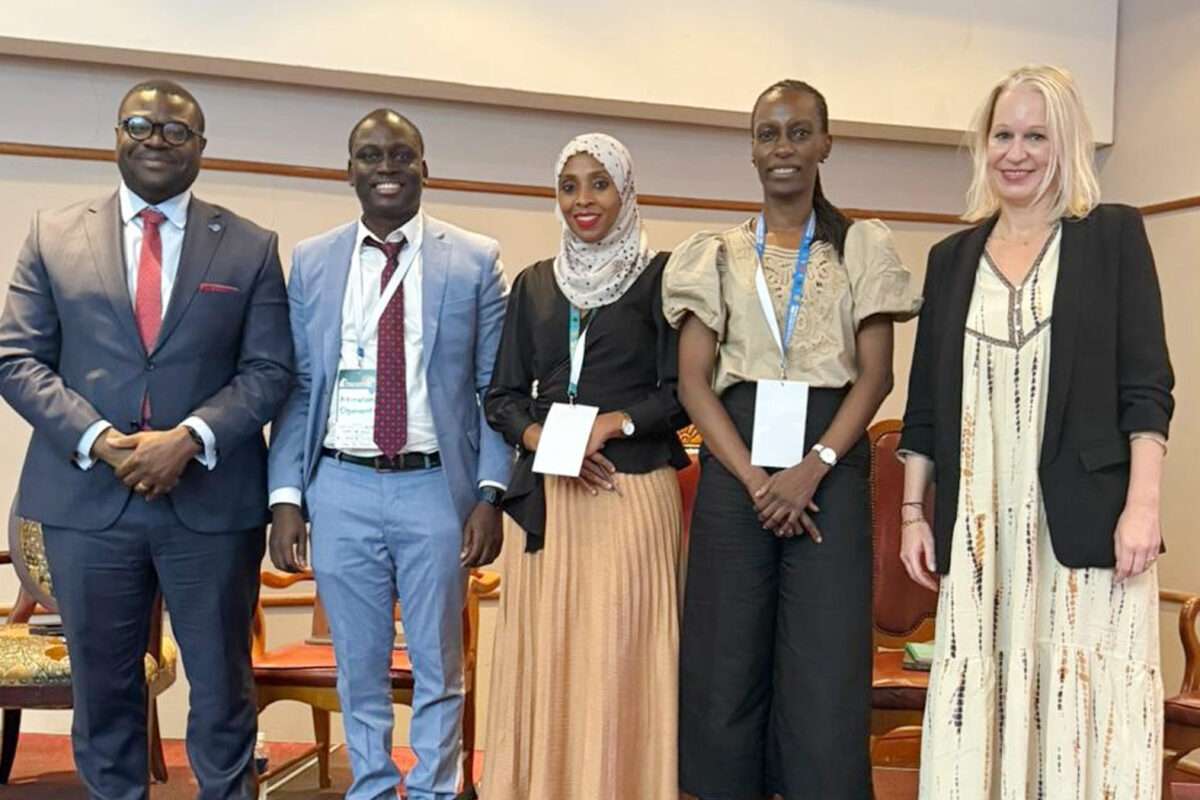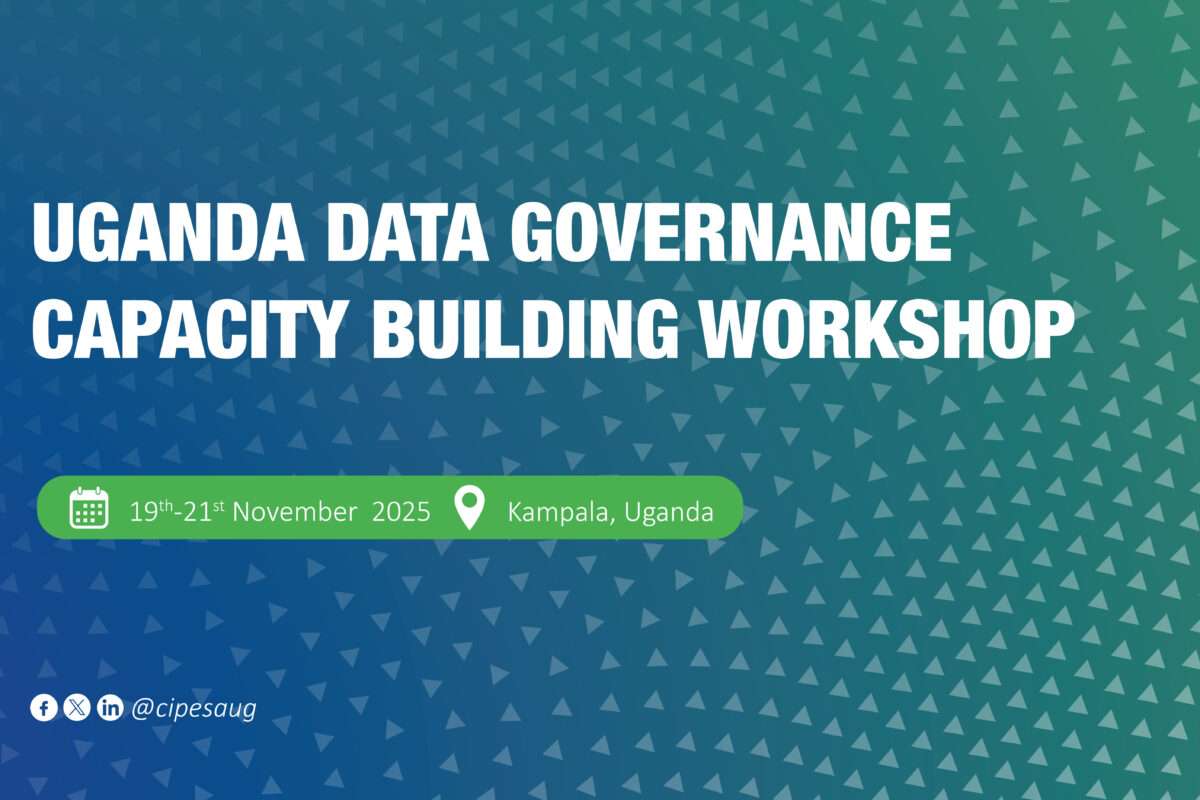By Juliet Nanfuka |
Across the world, larger amounts of data are being collected than ever before. For instance, massive volumes of data are being collected by national identity systems and mandatory SIM card registration exercises, as well as by private actors, including through online platforms and mobile devices. However, in many African countries data governance structures remain lacking, fuelling various concerns such as data breaches and surveillance.
Over the course of 2025, CIPESA has undertaken extensive work alongside the GIZ DataCipation programme and the African Union to support countries and Regional Economic Communities (RECs) to collaboratively develop data governance policies that are progressive and rights-respecting.
The various engagements, which were guided by the African Union Data Policy Framework (AUDPF), also involved building the capacity of regulators, policymakers, and other stakeholders in devising and implementing data governance policies that promote socio-economic transformation and regional integration.
Adopted in 2022, the AUDPF offers a harmonised set of principles to guide African states in governing data safely, fairly, and effectively, as it provides a continental vision for protecting personal rights, enabling cross-border data flows, unlocking socio-economic value, and fostering interoperable digital systems. CIPESA has long advocated for African countries to adopt the AUDPF as a common benchmark to guide data policies that strengthen accountability and foster trust between governments and citizens.
The inaugural capacity building workshop to build the capacity of judges and senior staff of the East African Court of Justice (EACJ) on data governance, was held in March 2025, in Kigali, Rwanda. The training aimed to enhance court officials’ understanding of the AUDPF and its implications for national and regional data governance, as well as the need for harmonised data governance policies within the East African Community (EAC).
As East Africa moves into a regional economy, the EACJ might be faced with a number of challenges in its operations. There are cases in national courts related to data governance, and if the EACJ is not aware of what is going on in the digital space, it might not be able to handle such cases should they come before the court.” Hon. Justice Nestor Kayobera, President of the EACJ
This was followed by another training in April 2025 in Kampala, Uganda for members of the East African Legislative Assembly (EALA). At a time when the eight-member regional bloc was developing a harmonised data policy legislation, this training strengthened the capacity of members and staff of the regional parliament in the areas of data governance, data protection, and related legislative and policy issues.
The Southern African Development Community (SADC) has similarly embarked on developing a Regional Data Governance Framework. In September, CIPESA supported training for more than 50 regulators and policymakers from 16 SADC countries in Madagascar, on harmonising data protection frameworks to support cross-border data flows and regional trade.
At the country level, CIPESA has supported capacity development as well as data governance policy development. In July 2025, a consultative workshop in the capital Maseru brought together more than 60 stakeholders from the Lesotho government, civil society, academia, and the private sector to review the country’s draft Data Management Policy and align it with the AUDPF. The workshop developed a roadmap towards building a more progressive data governance policy framework, with various revisions being made to the Data Management Policy. In October, the policy was validated at a multi-stakeholder engagement led by the Ministry of Information, Communications, Science, Technology and Innovation, alongside the AU, GIZ, and CIPESA.
In November 2025, CIPESA supported capacity building in Liberia for government ministries, civil society organisations, and private sector representatives at a two-day workshop in Monrovia. The engagement, which was convened by the Ministry of Posts and Telecommunications, CIPESA, and the AU, explored how data could support Liberia’s digital transformation and the need to align the country’s laws and policies with continental and global frameworks.
Additionally, CIPESA is supporting the government of Liberia to develop a Data Governance Policy that is aligned to the AUDPF. In this regard, a separate two-day multi-stakeholder consultation was held to inform the content of the prospective policy, which is anticipated to be completed early in 2026. The consultation marked a critical step in Liberia’s ongoing efforts to establish a coherent national framework for data governance, protection, and utilisation.
Also in November, CIPESA supported capacity building in Uganda for 81 policymakers, regulators, civil society, and private sector actors. In partnership with the Ministry of ICT and National Guidance, the Personal Data Protection Office, GIZ and AU, in Kampala, Uganda. Participants explored foundational elements of data governance, including data infrastructure, data value creation, standards, trust mechanisms, and institutional arrangements. Participants discussed regulatory approaches, institutional structures, and capacity-building strategies necessary for Uganda to harness data responsibly and efficiently.
Meanwhile, various global settings have also served as platforms to further deliberate and contribute to the global discourse on data governance in Africa. At the June 2025 Internet Governance Forum held in Norway, a collaborative session hosted by CIPESA, GIZ, and The Republic of The Gambia saw discussions on how fragmented national regulations and inconsistent privacy and cybersecurity standards pose challenges to regional and global cooperation.
Similarly at the September 2025 Forum on Internet Freedom in Africa (FIFAfrica25) hosted by CIPESA, various sessions discussed data governance as central to Africa’s digitalisation efforts. Across multiple sessions, speakers underscored the growing recognition that how data is governed will shape the continent’s democratic, economic, and social futures. Notably, the European Union (EU) Delegation to Namibia emphasised its continued commitment to investing in digital infrastructure, strengthening democratic governance, and advancing a human-centric digital transformation through the Global Gateway strategy.





